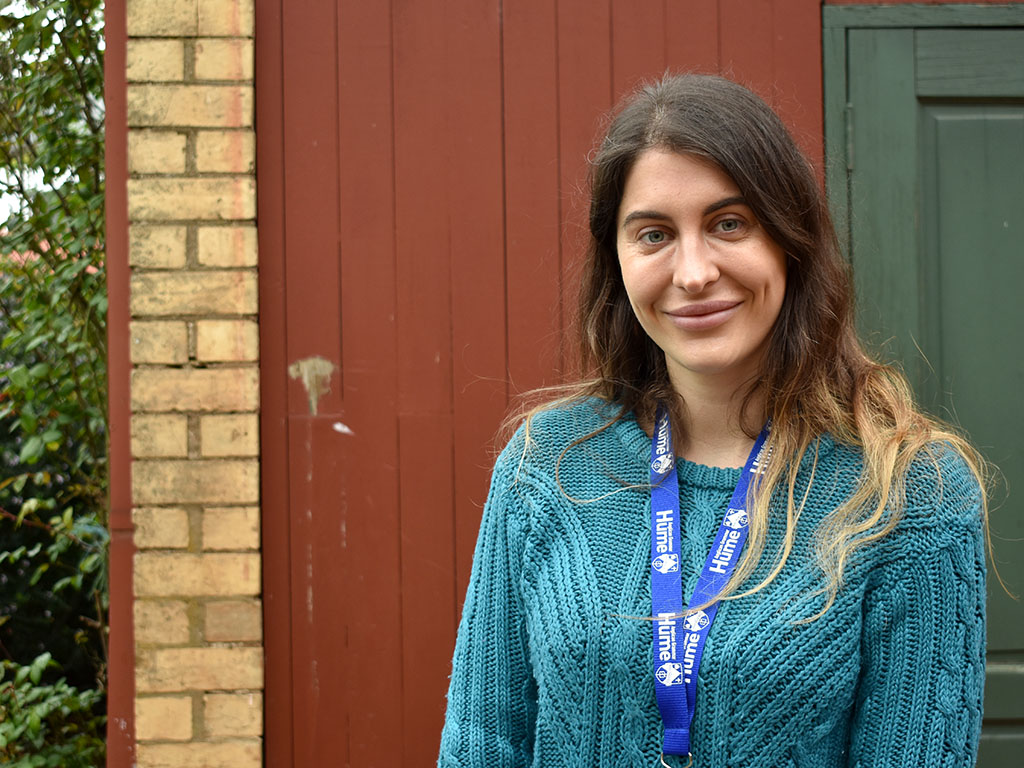As the year comes to a close and we start celebrating different holidays, we can acknowledge that this time can be enjoyable and festive.
The holidays can also bring stress and mood changes. It's no wonder! The holidays often present a dizzying array of demands — cooking meals, shopping, baking, cleaning and entertaining, to name just a few. You may also feel stressed, sad or anxious because your holiday plans may look different during the COVID-19 pandemic.
But with some practical tips, you can minimise the stress that accompanies the holidays. You may even end up enjoying the holidays more than you thought you would.
When stress is at its peak, it's hard to stop and regroup. Try to prevent stress and other mental health challenges in the first place, especially if the holidays have taken an emotional toll on you in the past.
Acknowledge your feelings. If someone close to you has recently died or you can't be with loved ones for other reasons, realise that it's normal to feel sadness and grief. It's okay to take time to cry or express your feelings. You can't force yourself to be happy just because it's the holiday season.
Reach out. If you feel lonely or isolated, seek out community, religious or other social events or communities. Many may have websites, online support groups, social media sites or virtual events. They can offer support and companionship.
If you're feeling stress during the holidays, it also may help to talk to a friend or family member about your concerns. Try reaching out with a text, a call or a video chat.
Volunteering your time or doing something to help others also is a good way to lift your spirits and broaden your friendships. For example, consider dropping off a meal and dessert at a friend's home during the holidays.
Be realistic. The holidays don't have to be perfect or just like last year. As families change and grow, traditions and rituals often change as well. Choose a few to hold on to, and be open to creating new ones. Even though your holiday plans may look different this year, you can find ways to celebrate.
Set aside differences. Try to accept family members and friends as they are, even if they don't live up to all of your expectations. Be understanding if others get upset or distressed when something goes awry. Chances are they're feeling the effects of holiday stress, too.
Stick to a budget. Before you do your gift and food shopping, decide how much money you can afford to spend. Then stick to your budget. Don't try to buy happiness with an avalanche of gifts.
Try these alternatives:
Donate to a charity in someone's name.
Give homemade gifts.
Start a family gift exchange.
Plan ahead. Set aside specific days for connecting with friends and other activities. Plan your menus and then make your shopping list.
Learn to say no. Saying yes when you should say no can leave you feeling resentful and overwhelmed. Friends and family will understand if you can't participate in every project or activity.
Don't abandon healthy habits. Don't let the holidays become a free-for-all. Overindulgence only adds to your stress and guilt.
Eat healthy meals.
Get plenty of sleep.
Include regular physical activity in your daily routine.
Try deep-breathing exercises, meditation or yoga.
Be aware of how the information culture can produce undue stress, and adjust the time you spend reading news and social media as you see fit.
Take a breather. Make some time for yourself. Find an activity you enjoy. Take a break by yourself. Spending just 15 minutes alone, without distractions, may refresh you enough to handle everything you need to do. Find something that reduces stress by clearing your mind, slowing your breathing and restoring inner calm.
Some options may include:
Taking a walk at night and stargazing
Listening to soothing music
Reading a book
Seek professional help if you need it. Despite your best efforts, you may find yourself feeling persistently sad or anxious, plagued by physical complaints, unable to sleep, irritable and hopeless, and unable to face routine chores. If these feelings last for a while, talk to your doctor or a mental health professional.
Don't let the holidays become something you dread. Instead, take steps to prevent the stress and depression that can descend during the holidays. Learn to recognise your triggers, such as personal demands, so you can combat them before they lead to a meltdown. With a little planning and some positive thinking, you can find peace and joy during the holidays. Enjoy the break, and see you all in 2021!
Carly Dober - School Psychologist

